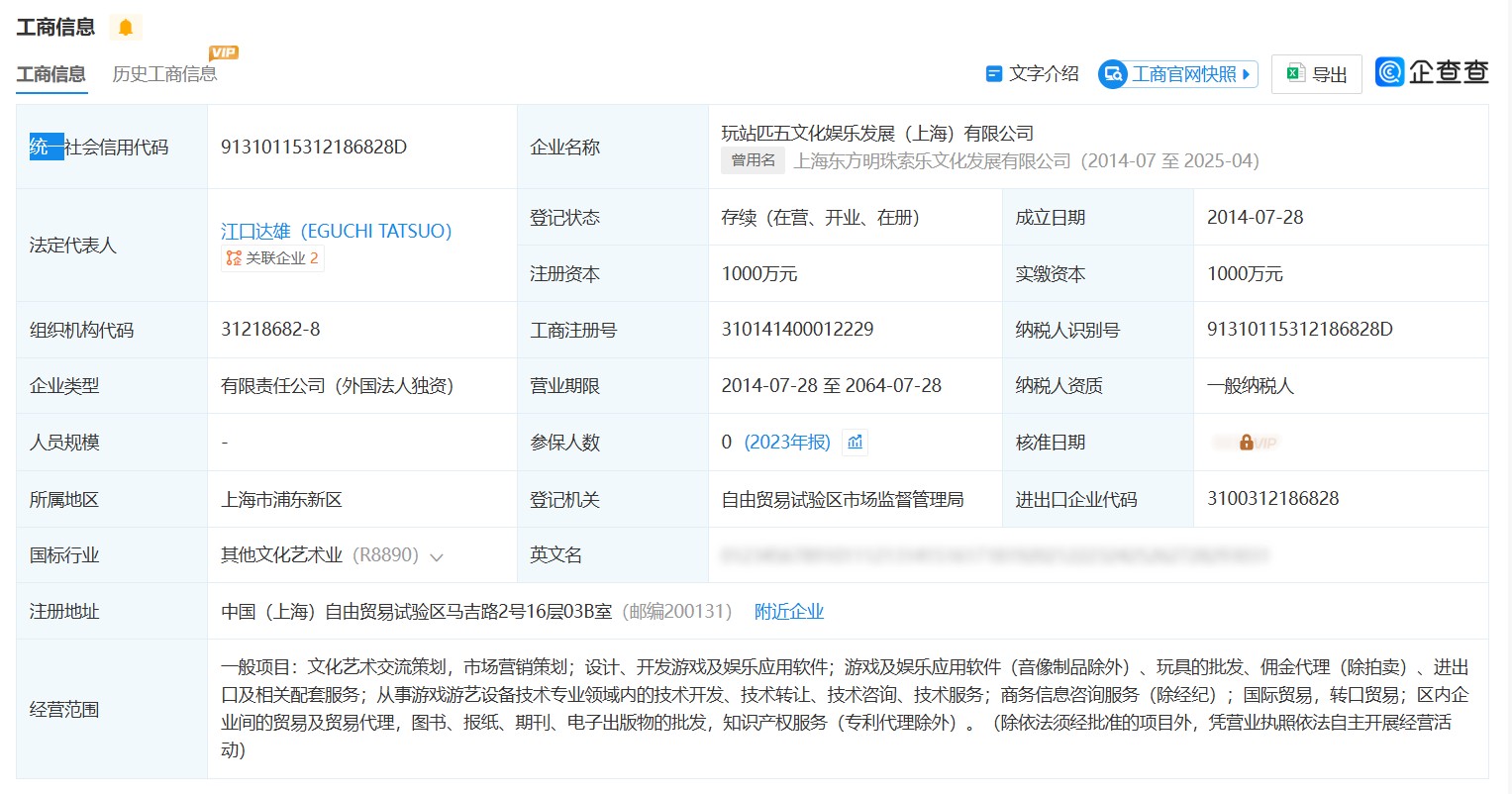- Sony has secured full control of PlayStation operations after ending its joint home game console business venture with Oriental Pearl.
- The PS5 maker has now bought the remaining 51% stake, renaming the company to Wanzhanpiwu Cultural Entertainment.
- The conglomerate has likely made this move to strengthen its PlayStation console business and overall gaming presence in China.
Despite being a difficult market to crack, China has proven to be a major gaming force in the industry over the years. The influence of the region has increased because of recent stellar hits, and Sony has emerged as the most dominant contender in gaining control over it.
In a bold move, Sony has now secured full control of PlayStation operations in China by acquiring equity in the joint home game console venture with Oriental Pearl. It has bought the remaining 51% stake and renamed the firm to Wanzhanpiwu Cultural Entertainment.
Why it matters: Sony gaining full control of its PlayStation operations in China means that supplying consoles will be much easier in the region, which could lead to the company gaining even more control over Xbox soon.

The Chinese business database Qichacha shows that the original shareholder of the former Oriental Pearl withdrew, and it is now fully owned by Sony. In other words, Sony will now directly control the distribution of consoles in China without any middlemen in between.
Many fans believe Sony took this initiative to strengthen its console business in the region by gaining full control, which will potentially lead to better supplies and availability. Direct management will also allow Sony to improve customer service in China.
For those not in the know, PlayStation dominated the Chinese market with 66% shares last year. Acquiring the joint home game console venture might help it completely dominate the region.

Sony has already been collaborating with local developers in the ‘China Hero Project’ to offer them funding and support. However, it remains unclear whether this move will streamline the process of launching games in China.
Do you think Sony securing full control of PlayStation console operations in China will result in even more dominion over the local market in the future? Let us know your thoughts in the comments below, or join the discussion on the Tech4Gamers forum.
Thank you! Please share your positive feedback. 🔋
How could we improve this post? Please Help us. 😔
Shameer Sarfaraz has previously worked for eXputer as a Senior News Writer for several years. Now with Tech4Gamers, he loves to devoutly keep up with the latest gaming and entertainment industries. He has a Bachelor’s Degree in Computer Science and years of experience reporting on games. Besides his passion for breaking news stories, Shahmeer loves spending his leisure time farming away in Stardew Valley. VGC, IGN, GameSpot, Game Rant, TheGamer, GamingBolt, The Verge, NME, Metro, Dot Esports, GameByte, Kotaku Australia, PC Gamer, and more have cited his articles.


 Threads
Threads

